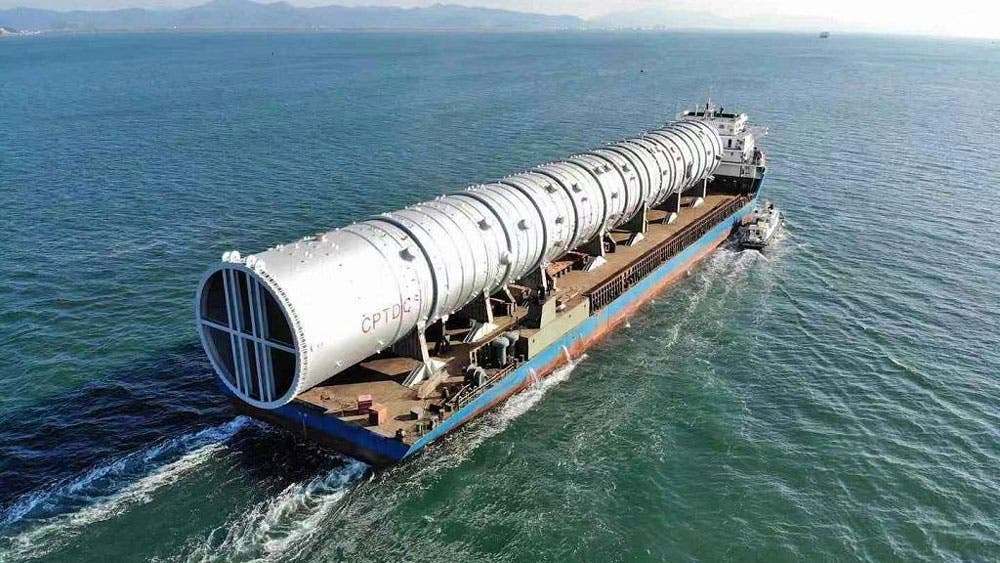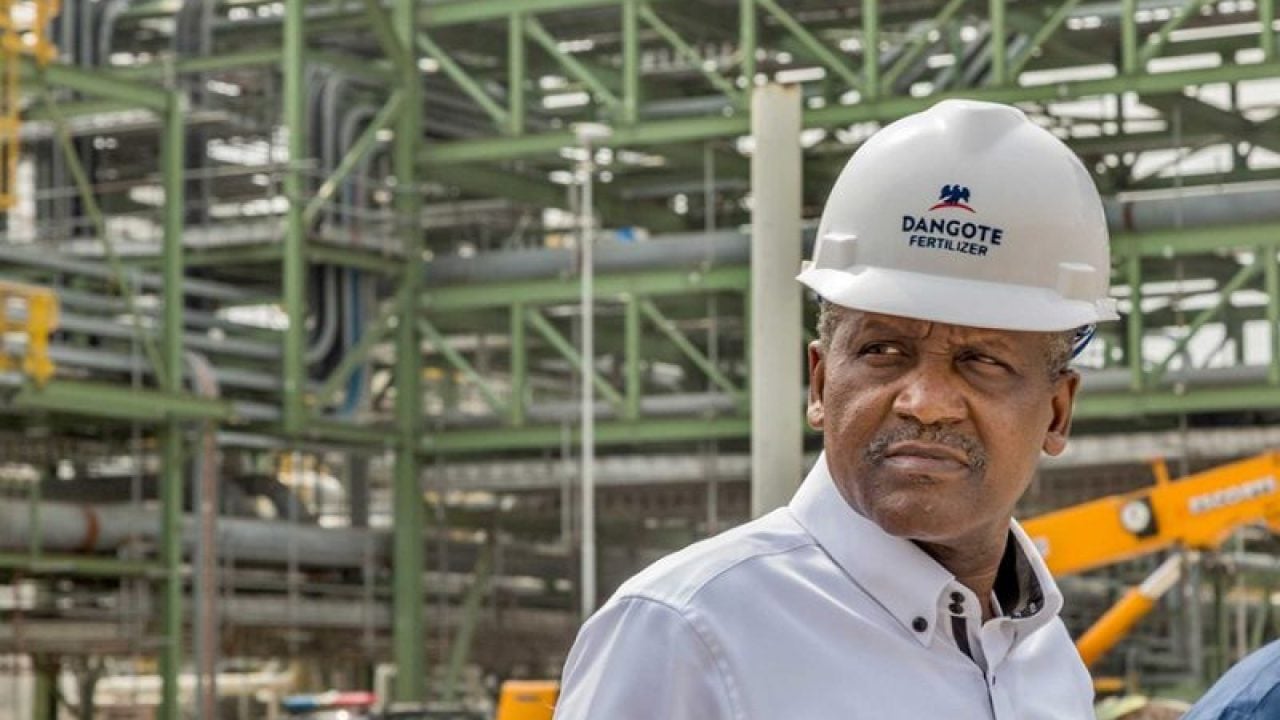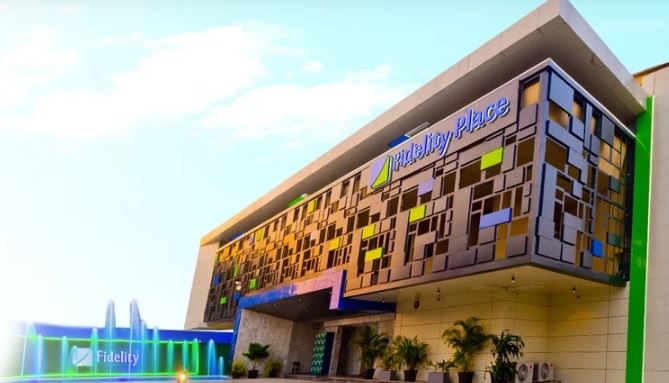Dangote Refinery 71% complete— DPR

Construction of the $12 billion Dangote Refinery, which has the capacity to refine 650,000 barrels per day/bpd, has reached 71 percent completion stage.
The Department of Petroleum Resources, DPR, stated this in its latest report— List of Valid Refinery Licences— obtained by Vanguard.
The report also noted that the refining capacity of Nigeria has increased from 445,000/bpd to 462,000/bpd, as private investors complete the construction of three new refineries, indicating an increase of 3.8 percent.
It listed the refineries to include Waltersmith Refining and Petrochemical Company Limited, OPAC Refineries Limited and Niger Delta Petroleum Resources (Train2), which have 5,000/bpd, 7,000/bpd and 5,000/bpd capacities, respectively.
The refining capacity of the nation’s four refineries, located in Port Harcourt, Rivers State; Warri, Delta State, and Kaduna, Kaduna State, had for several years been stagnated at 445,000/bpd, which was inadequate to meet domestic demand.
Recall that President of Dangote Group, Mr. Aliko Dangote, had stated that “one of the reasons the Central Bank of Nigeria, CBN, is supporting us is that by the time we become operational, we will not only be creating jobs, but will reduce the outflow of foreign exchange.”
Still, on Dangote Refinery, he noted that stemming the outflow of foreign exchange is “not only in petroleum products, but in petrochemicals and fertilisers.”
Meanwhile, reacting to the increase in refining capacity in an email to Vanguard, Executive Secretary, Nigeria Content Development Monitoring Board, NCDMB, Engr. Simbi Wabote, said: “The Waltersmith Modular Refinery is a 5,000/bpd facility with total annual product volume of 271 million litres and daily output of about 300,000litres of diesel (AGO), over 50,000 litres of kerosene (DPK) and 400,000 litres of Heavy Fuel Oil (HFO).
“We are excited to be part of this laudable initiative which tallies with our vision in NCDMB to serve as a catalyst for the industrialisation of the Nigerian oil and gas industry.
“We believe that at least 10% of Nigeria oil production should be refined using modular refineries, especially via the marginal and other indigenous oil producers.
“The journey to shift from a crude oil business model into a refining business model has begun in earnest.
“From where we sit, we are seeing some traction towards this goal and we are ready to partner with credible project promoters in achieving this target.”
Guardian





